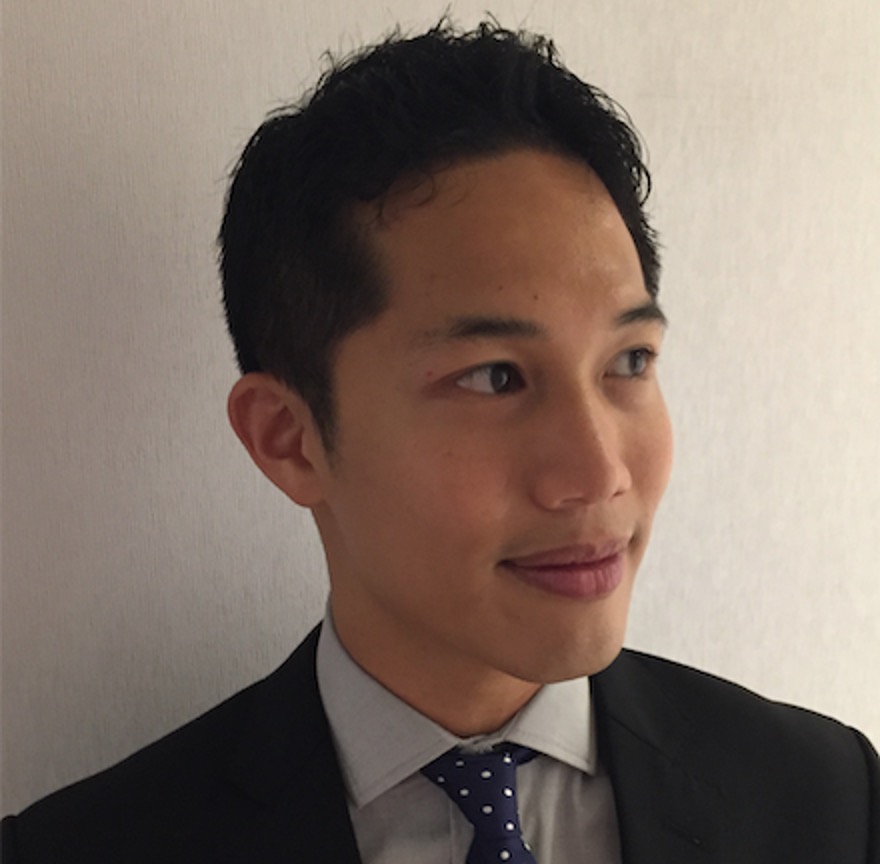- Date & Time: Wednesday, May 17, 2023; 1:00 PM
Speaker: Mark Ku, The University of Delaware
MERL Host: Chungwei Lin
Research Areas: Applied Physics, Computational Sensing
Abstract  Quantum technology holds potential for revolutionizing how information is processed, transmitted, and acquired. While quantum computation and quantum communication have been among the well-known examples of quantum technology, it is increasingly recognized that quantum sensing is the application with the most potential for immediate wide-spread practical utilization. In this talk, I will provide an overview of the field of quantum sensing with nitrogen vacancy (NV) centers in diamond as a specific example. I will introduce the physical system of NV and describe some basic quantum sensing protocols. Then, I will present some state-of-the-art and examples where quantum sensors such as NV can accomplish what traditional sensors cannot. Lastly, I will discuss potential future directions in the area of NV quantum sensing.
Quantum technology holds potential for revolutionizing how information is processed, transmitted, and acquired. While quantum computation and quantum communication have been among the well-known examples of quantum technology, it is increasingly recognized that quantum sensing is the application with the most potential for immediate wide-spread practical utilization. In this talk, I will provide an overview of the field of quantum sensing with nitrogen vacancy (NV) centers in diamond as a specific example. I will introduce the physical system of NV and describe some basic quantum sensing protocols. Then, I will present some state-of-the-art and examples where quantum sensors such as NV can accomplish what traditional sensors cannot. Lastly, I will discuss potential future directions in the area of NV quantum sensing.
-
- Date: June 12, 2019
Where: Physical Chemistry Chemical Physics – Published 22 Feb 2019
MERL Contact: Chungwei Lin
Research Areas: Applied Physics, Multi-Physical Modeling
Brief - The journal "Physical Chemistry Chemical Physics (PCCP)" selects a few well-received articles highlighted as HOT by the handling editor or referees. The following paper "Band Alignment in Quantum Wells from Automatically Tuned DFT+U" with MERL authors Grigory Kolesov, Chungwei Lin, Andrew Knyazev, Keisuke Kojima, Joseph Katz has been selected as a 2019 HOT Physical Chemistry Chemical Physics article, and is made free to access until the end of July 2019. This paper provides a semi-empirical methodology to compute the lattice and electronic structures of systems composed of 400+ atoms. The efficiency of this method allows for realistic simulations of interfaces between semiconductors, which is nearly impossible using the existing methods due to the extremely large degrees of freedom involved. The formalism is tested against a few established band alignments and then applied to determine the band gaps of quantum wells; the agreement is within the experimental uncertainty.
-
- Date: February 4, 2019
Where: Scientific Reports, open-access journal from Nature Research
MERL Contacts: Devesh K. Jha; Toshiaki Koike-Akino; Chungwei Lin; Kieran Parsons; Bingnan Wang
Research Areas: Artificial Intelligence, Electronic and Photonic Devices, Machine Learning
Brief - MERL researchers developed a novel design method enhanced by modern deep learning techniques for optimizing photonic integrated circuits (PIC). The developed technique employs residual deep neural networks (DNNs) to understand physics underlaying complicated lightwave propagations through nano-structured photonic devices. It was demonstrated that the trained DNN achieves excellent prediction to design power splitting nanostructures having various target power ratios. The work was published in Scientific Reports, which is an online open access journal from Nature Research, having high-impact articles in the research community.
-
- Date: March 3, 2019 - March 7, 2019
Where: San Diego, CA
MERL Contacts: Devesh K. Jha; Toshiaki Koike-Akino; Chungwei Lin; Kieran Parsons; Bingnan Wang; Ye Wang
Research Areas: Communications, Machine Learning, Optimization, Signal Processing
Brief - MERL researchers are presenting 4 papers at the OSA Optical Fiber Conference (OFC), which is being held in San Diego from March 3-7, 2019. Topics to be presented include recent advances in nonbinary polar codes, joint polar-coded shaping, and deep learning-based photonics circuit design. Additionally, recent work on multiset-partition distribution matching is presented as an invited talk.
OFC is the flagship conference of the OSA, and the world's most comprehensive technical conference focused on the research advances and latest technological development in optics and photonics. The event attracts more than 10000 participants each year.
-
 Quantum technology holds potential for revolutionizing how information is processed, transmitted, and acquired. While quantum computation and quantum communication have been among the well-known examples of quantum technology, it is increasingly recognized that quantum sensing is the application with the most potential for immediate wide-spread practical utilization. In this talk, I will provide an overview of the field of quantum sensing with nitrogen vacancy (NV) centers in diamond as a specific example. I will introduce the physical system of NV and describe some basic quantum sensing protocols. Then, I will present some state-of-the-art and examples where quantum sensors such as NV can accomplish what traditional sensors cannot. Lastly, I will discuss potential future directions in the area of NV quantum sensing.
Quantum technology holds potential for revolutionizing how information is processed, transmitted, and acquired. While quantum computation and quantum communication have been among the well-known examples of quantum technology, it is increasingly recognized that quantum sensing is the application with the most potential for immediate wide-spread practical utilization. In this talk, I will provide an overview of the field of quantum sensing with nitrogen vacancy (NV) centers in diamond as a specific example. I will introduce the physical system of NV and describe some basic quantum sensing protocols. Then, I will present some state-of-the-art and examples where quantum sensors such as NV can accomplish what traditional sensors cannot. Lastly, I will discuss potential future directions in the area of NV quantum sensing.